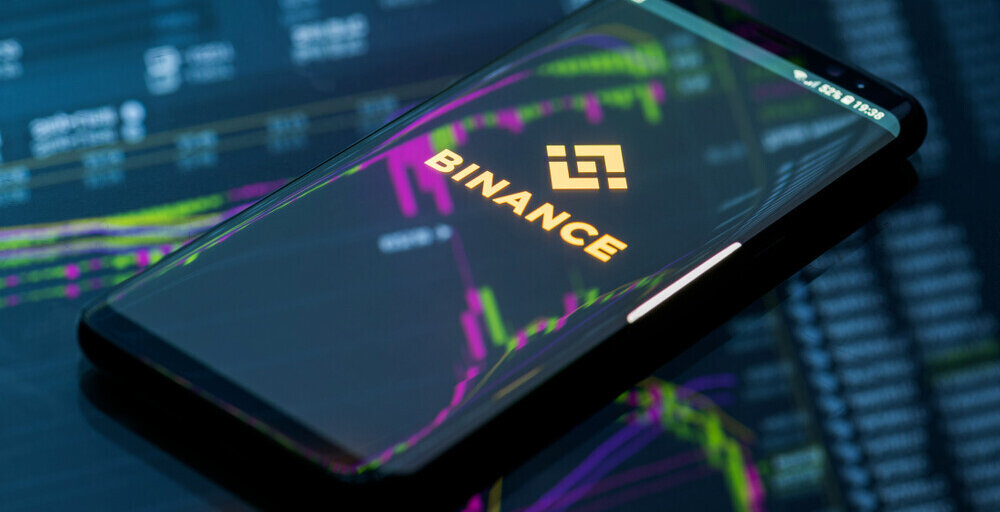Earlier this week, Binance Co-founder Yi He posted on Twitter about claims that the company may have insider trading issues. Her solution is to offer a $10,000 reward to any employee who reports a dishonest colleague.
“If information about the project is leaked for any reason, you will be warned and then fired,” she said in Chinese. twitter post February 6th.
“Any leaks will result in delisting,” she said in a Twitter thread. She said, “If information is leaked after the announcement, the pending listing will be immediately extended, and the listing will be decided after further adjustments.”
The incident that prompted the lengthy Twitter thread and policy change was an “irregularity” that occurred just before and after Ronin was listed on the Binance exchange.
The token price soared shortly before the announcement, but fell 20% shortly after trading began. The ongoing theory is that people who knew about the listing before it was announced accumulated tokens and then sold them when the price rose.
The situation facing Binance now mirrors Coinbase’s predicament after Crypto Twitter identified a wallet that appeared to be an advance token that the San Francisco company was considering listing on the exchange.
Former Coinbase product manager Ishan Wahi and his brother Nikhil Wahi were implicated in a scheme to trade confidential information about cryptocurrency assets to be listed on the Coinbase platform. From June 2021 to April 2022, Ishan Wahi provided information to his brother and friend Sameer Ramani that cryptocurrency assets were scheduled to be listed.
This allowed them to purchase at least 25 cryptocurrency assets (nine of which are considered securities) and sell them for a total profit of $1.1 million.
The brothers and their friend were eventually indicted on insider trading charges by the Department of Justice and the U.S. Securities and Exchange Commission (SEC). The Wahis reached a settlement with the SEC requiring the brothers to recoup their ill-gotten gains and pay interest.
In the Department of Justice (DOJ) case, Ishan Wahi pleaded guilty to two counts of conspiracy to commit wire fraud, each of which carries a maximum penalty of 20 years in prison. However, he was sentenced to two years in prison.
Stay up to date with cryptocurrency news and receive daily updates in your inbox.





